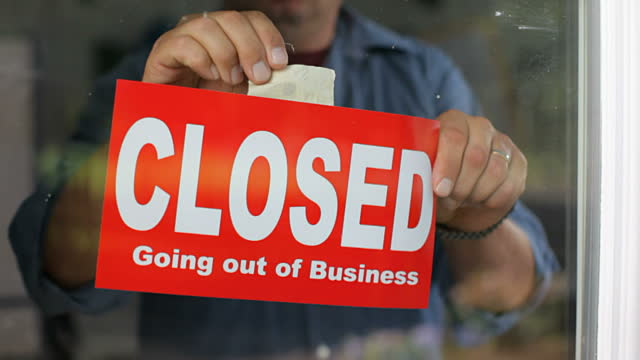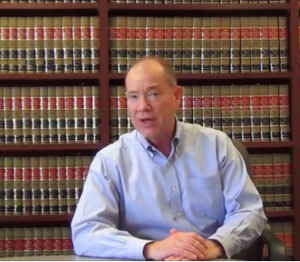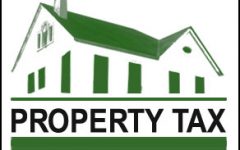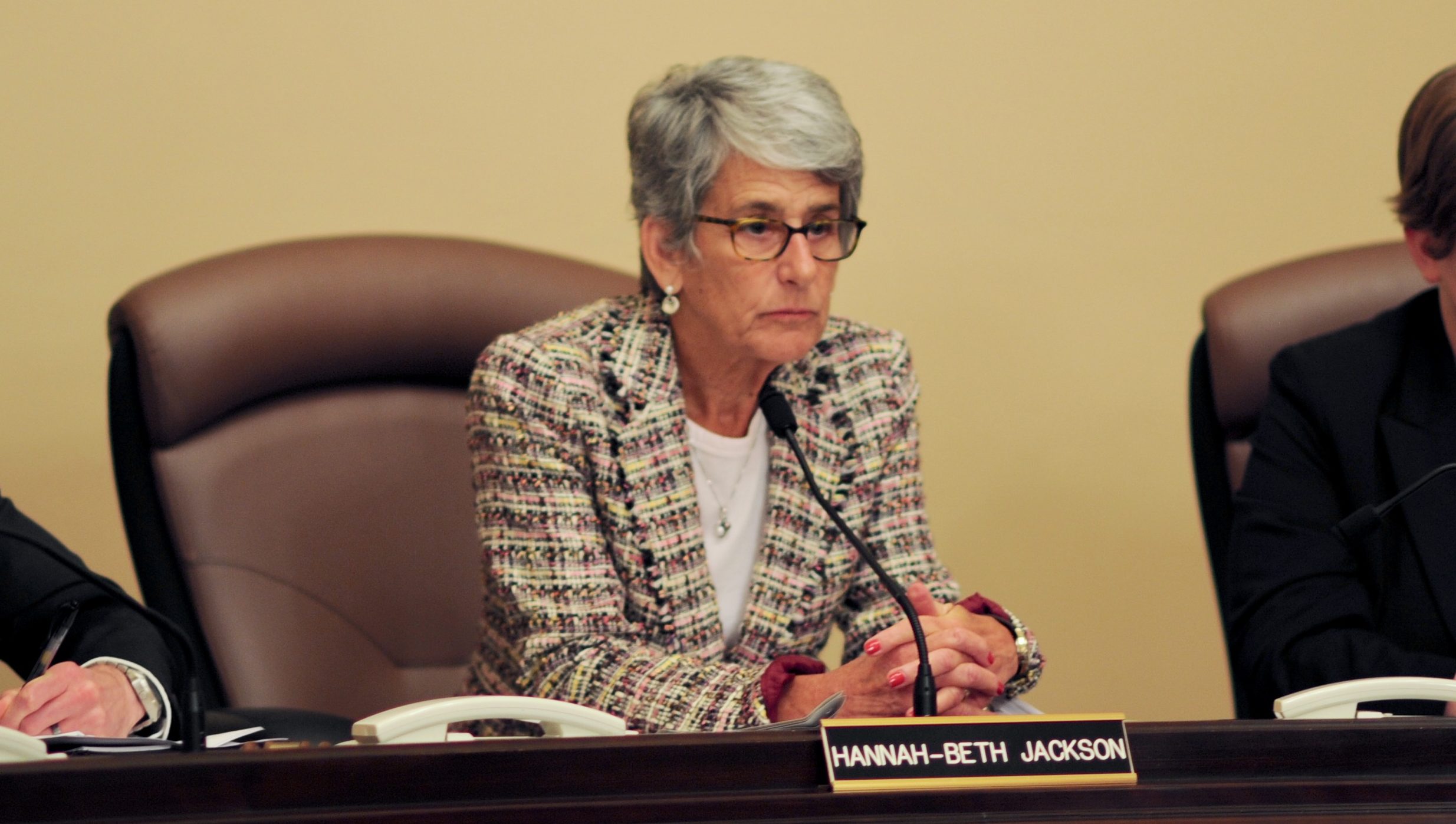
Proposed ‘Excise Tax’ Intentional Effort to Subvert the Will of California Voters?
AB 1199 a property tax disguised as an excise tax, or a business license tax?
By Katy Grimes, February 22, 2021 4:42 pm
One of the newly proposed bills is Assembly Bill 1199 by Assemblyman Mike Gipson (D-Carson), to impose an annual excise tax for the privilege of renting or leasing out qualified property, as the Globe reported Friday.
Our first reaction was this tax is an intentional effort to subvert the will of the voters. In November, California voters defeated Proposition 15, the “Tax on Commercial and Industrial Properties for Education and Local Government Funding Initiative (2020),” known as the “split roll” property tax. Prop. 15 would have amended the constitution and changed the current tax law by taxing commercial and industrial properties on market value rather than the current method of taxing the purchased price with annual increases of 2% or the rate of inflation, whichever is lower. Residential properties would still be assessed by purchase price.
AB 1199 may be a property tax disguised as an excise tax increase on rental properties, which encompasses residential and commercial property rentals. Equally egregious, AB 1199 could be a business license tax.
“Under the split roll ballot initiative to split residential and commercial/industrial properties, tax increase proponents admitted that they will redefine commercial and industrial structures to include barns, food processing structures for eggs, broccoli, citrus, lettuces, wineries, almonds, and just about anything that grows in the ground and that Californians and the rest of the country eats,” the Globe reported in October.

The Globe spoke with Jon Coupal, President of the Howard Jarvis Taxpayers Association, and and Scott Kauffman, HJTA Legislative Director. HJTA is the father of the legendary Proposition 13 which “Under Proposition 13 in 1978, the specificity of the property tax initiative defined real property as: land, fixtures, improvements,” and limited taxing the purchased price with annual increases of 1% for residential properties, and 2% for commercial properties.
Coupal said in addition to dismissing the will of the voters who defeated the split roll initiative, AB 1199 also “walks like a business license tax, and talks like a business license tax.”
“Local governments won’t like this,” he said.”A business license tax is under the purview of local governments.”
“Like gun control, they say let’s get all of the guns registered first, then take them away,” Coupal said, noting the bill could be implementing incrementalism.
This bill could also be a violation of the state constitution. “A provision in the State Constitution says the state may not impose local taxes on local governments for state purposes,” Coupal said.
Coupal said HJTA was part of a lawsuit CITY OF OAKLAND v. RICHARD DIGRE, in which the Court of Appeals found that the city attempted to impose an excise tax. The court found the tax unconstitutional and amounted to a property tax disguised as an excise tax. Respondent Richard Digre, Oakland’s Director of Finance, refused to enforce the tax, despite voter passage of Measure M authorizing it, on the ground that the tax violated the constitutional requirement that all property be taxed according to value.
Coupal also noted that AB 1199 appears to be aimed at residential properties as well, with the bill including code violations, which primarily occurs in residential properties.
“Democrats are pandering to their fevered base,” Coupal said, anticipating that this will not be a popular bill among the millions of hurting businesses and suffering employees.
HJTA Legislative Director Scott Kauffman said so far there are 172 proposed tax bills. He noted some are 1-year tax credit bills, in response to statewide business suffrage because of the governor’s statewide COVID business lockdown. But the bulk of the bills are tax increase proposals on businesses in the state, regardless what they are called.





Thank you so much for explaining what is really going on here. We just voted AGAINST Prop 15, the “split roll” tax and here they are, ignoring our vote and trying to impose it anyway. AND that this is a business license tax, which is a strictly local affair. The chutzpah of these people never ends.
Ok. So companies are allowing workers to work remotely. Out of their homes. Why not tax part of those homes as business properties? Didn’t take long.
Just another incentive for businesses to leave Communist-fornia. Everything the Demoncrats touch turns to crap.
The solution becomes clearer daily…
My property taxes have been going up 2% per year for over a decade. While not totally unreasonable, inflation and wages have been going up significantly less than that. Government needs to get control of itself. (Police departments should be self funding by now. $500 for a speeding ticket with all the court fees, is disgusting.)
I have noticed the same on our commercial property – up far more than 2% every year largely because of all of the very expensive levy add-ons: useless PBIDs, SAFCA, Sacto Library Serv Tax, Los Rios College GOB, Sacto Unified GOB, Citywide L&L Assessment… totals almost half of the county assessment of the property!
. . . this year’s Social Security Benefit payment was increased 1.3% . . . add in ballot measures “for the children” and the Democrat Super Majority will BLEED THE EVERYDAY TAX PAYOR DRY . . .
Remember the nonrefundable renter’s tax credit? The whole reason it’s there is to create a database of landlords so the FTB can go after them for unreported personal income tax on rents. I suspect that’s the real reason for this excise – not to raise revenue directly but to find undeclared income by landlords. This includes families renting to friends and family members, etc. where the undeclared “income” is really more a reimbursement.